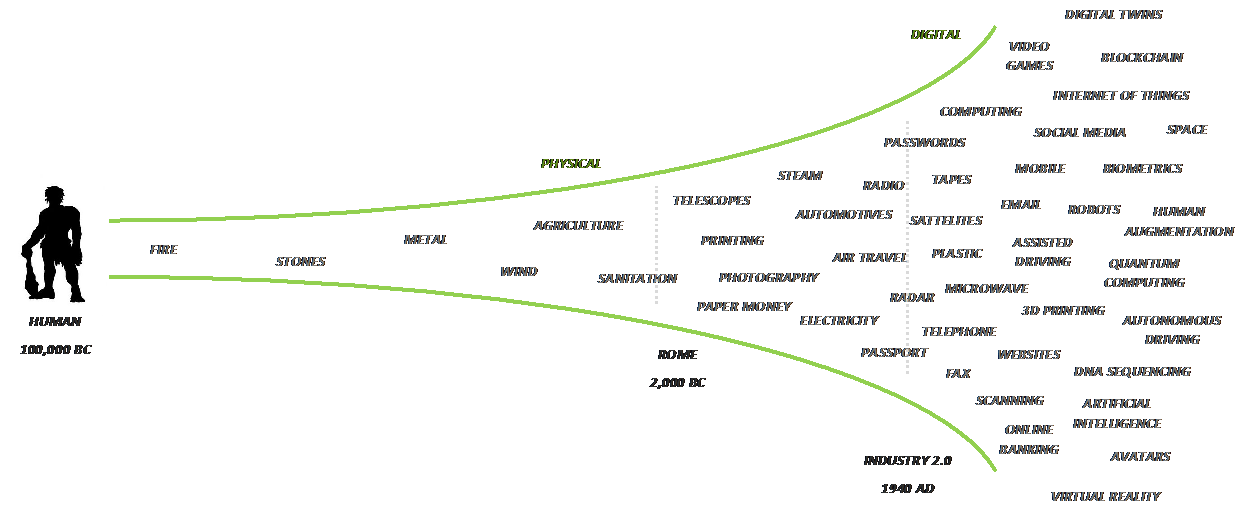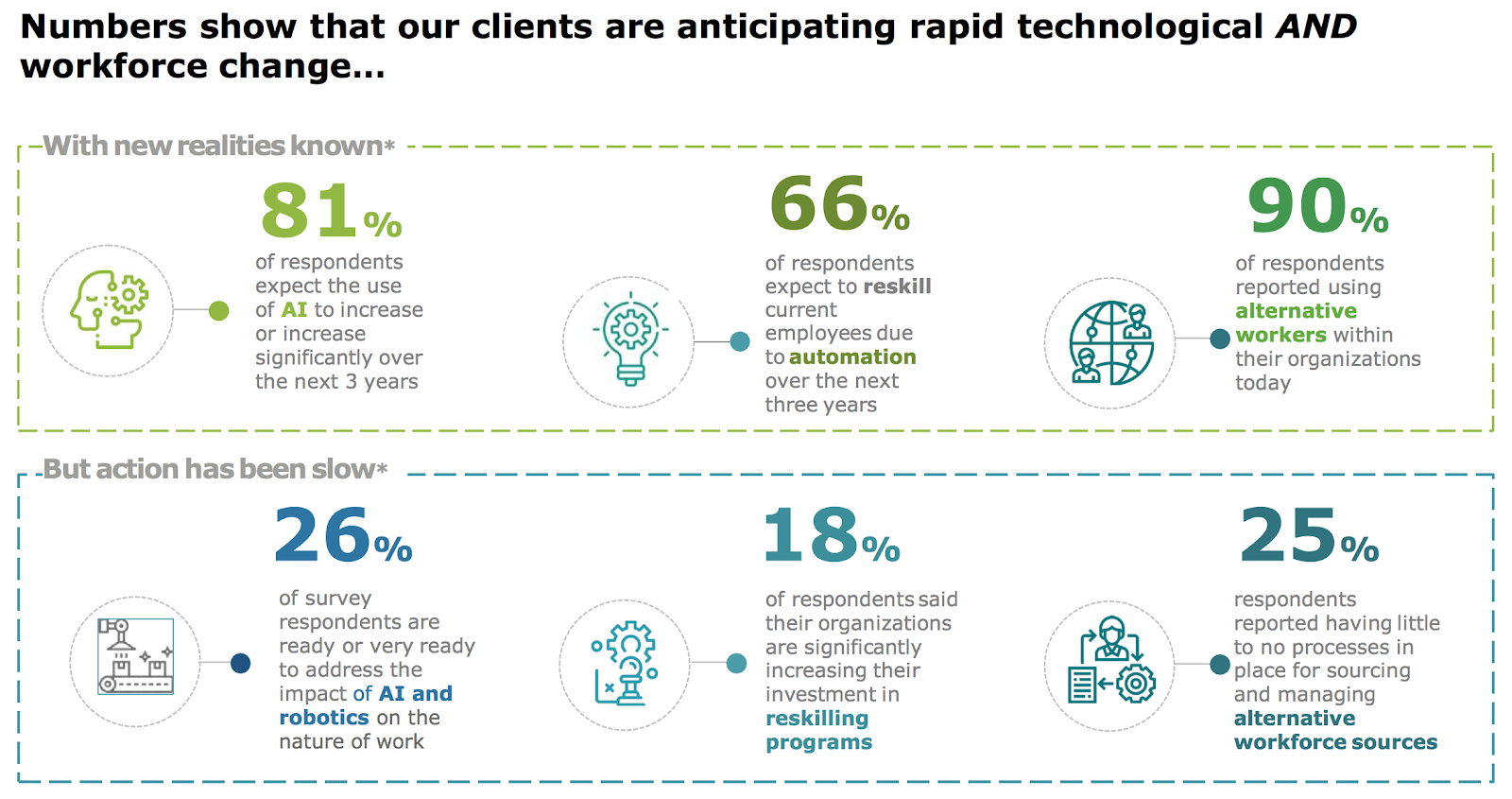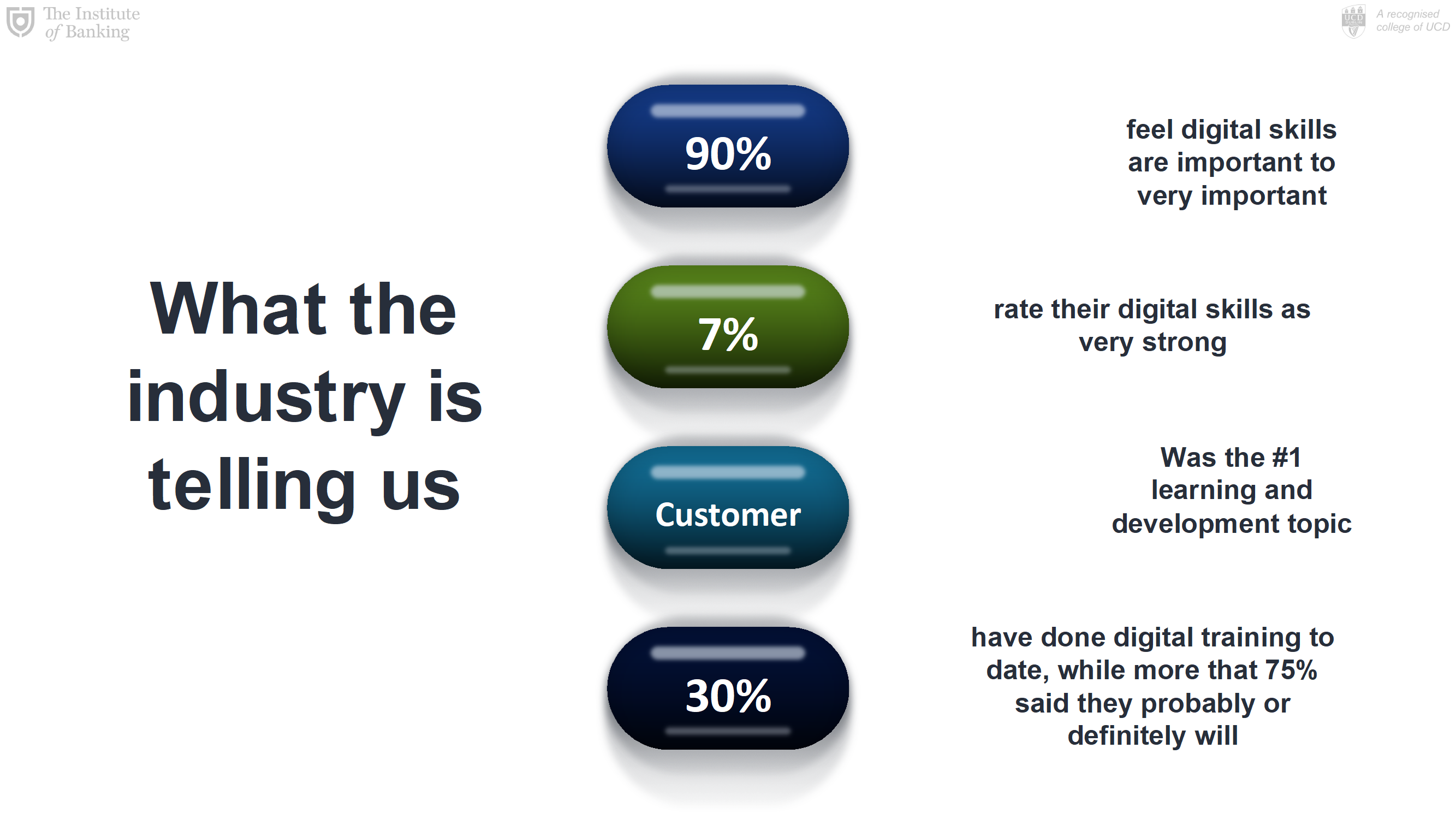INNOVATION THROUGH THE AGES:
Since the beginning of time, man has inherently innovated to improve every aspect of life. This is a genetic strain that lives within all animals. Through the Metal Ages, the Agricultural Ages and into The Industrial Ages and it’s many ‘Revolutions’, we have evolved and innovated using the latest known materials and technologies to better our circumstances in the home, at work, in the economy and socially. Digital has exploded
We are now in the Information Age and at the cusp of the 4th Industrial Revolution. Dating since the time of mainstage computing in the 1960s, Moore’s Law has seen the exponential development of ‘information technologies’. These have been applied by individuals, and every type of organisation and system, to harness unforeseen benefits. Innovations utilising these ‘digital’ capabilities has made life for those who can access them safer, healthier, more efficient, more connected and more affluent.
This newfound prosperity consistently brings more of the global population into the realm of opportunity and hope. The accepted forecast is that we will continue to see exponential developments, which in turn will reshape life and industry and the very fabric of our existence.
 These developments, both recent and forecast, and the pace and scale at which industries are being reshaped, are often termed ‘disruption’. The emergence of new global industrial forces such as Google and Amazon only adds to this new reality. These organisations, in their own genetic way, are leveraging new technologies through platform business models to redraw the value exchange with customers. In addition, they are enabling a new commercial connectivity. This is changing the essence and economics of business.
These developments, both recent and forecast, and the pace and scale at which industries are being reshaped, are often termed ‘disruption’. The emergence of new global industrial forces such as Google and Amazon only adds to this new reality. These organisations, in their own genetic way, are leveraging new technologies through platform business models to redraw the value exchange with customers. In addition, they are enabling a new commercial connectivity. This is changing the essence and economics of business.
In turn, this has led to the phenomenon of ‘Transformation’; a dynamic that almost every industry is facing. More so, transformation has a resulting profound impact on that which makes up every industry and organisation – people.
TRANSFORMATION AGE IN FINANCIAL SERVICES
Leaders in incumbent businesses are already hard pushed to keep pace with this disruption and push through their Transformation Programmes to keep pace with the Amazons’ of their sector. Not to mention the added considerations that new political, competitive and economic environments bring too. Regardless of industry, strategic focus usually revolves around:
• Innovating the customer experience to enable opti-channel, personalised and real time propositions
• Changing the patterns and structure of work to deliver efficiencies and speed to market
• Shift the economic and reward systems to facilitate a new and sustainable business model
As can be seen below (source: Deloitte Research on the Future of Work 2019), industry leaders are forecasting significant changes in the composition and structure of work. The driving forces that need to be catered for and harnessed include:
• Digital and Data Everywhere – all employees will be equipped with the skills and data to leverage technology developments that support the enterprise strategies
• Artificial Intelligence Augmentation – employees will work hand-in-hand with cognitive computing to improve the customer experience, operations, risk and commercial outcomes
• Open Business Models – businesses will open their doors to work with new partners in new ways to create new propositions and business value
• Gig Economy – human capital will be managed in a new way across both on and off-balance sheet workers
• A New Employee Proposition – as the demographic and expectation of our societies rapidly evolve, careers will be purpose driven, evolve many times, be longer and blend into retirement
 However, we can also see from above that leaders are reporting that their plans and progress has yet to match their anticipated needs. This lack of preparedness can also be seen at the individual level, with recent insights from research conducted by the Institute of Banking (see summary below) showing that 90% of the professionals that responded rank digital skills as important or very important, yet only 7% rate their digital skills as very strong.
However, we can also see from above that leaders are reporting that their plans and progress has yet to match their anticipated needs. This lack of preparedness can also be seen at the individual level, with recent insights from research conducted by the Institute of Banking (see summary below) showing that 90% of the professionals that responded rank digital skills as important or very important, yet only 7% rate their digital skills as very strong.
 LIFELONG LEARNING
LIFELONG LEARNING
Lifelong learning is the centrepin strategy for both leaders and professionals to transcend and thrive in this new age. It’s also necessary given the current and anticipated rate of change. But what is lifelong learning ? Lifelong learning is defined as the ongoing, voluntary, and self-motivated pursuit of knowledge for either personal or professional reasons. Sounds grandiose. So let’s unpack it for individuals and their businesses given the realm of transformation we find ourselves in:
Individual Organisation
The necessity for continuous learning to keep pace with changing expectations in the workplace and enabling skills Prepare the skills base to enable Transformation and the workforce of the future
Retraining for careers yet to be invented or that will replace the jobs of today e.g. the Business Data Scientist Investing in talent and personal development to build employee advocacy, innovation and productivity
Pursuing purpose-driven interests and potential entrepreneurial pursuits beyond the world of traditional work Empowering professionals to pursue their passions within the workplace and enabling a Growth Mindset organisation
Complementary and enabling conditions are required to facilitate lifelong learning. These include the availability of the necessary learning programmes, built to be accessed in a mobile ‘always on’ world, and constructed to cater for the busy lives of today. This sees education move beyond formal, accredited programmes delivered in the classroom which are akin to irregular and luxuriant fine dining. Education will need to be delivered and consumed digitally in short sprint and micro-learning formats, where students lunch and snack on the go, and harness virtual class and project rooms.
EMBRACING THE CHANGE
We are living in the era of the ‘career for a year’, and no longer do we think of a ‘career for life’. Technology is responsible. And success for the professional and their organisation depends on a response to this.
So what should we do ?
• Individuals need to diagnose their current skills profile, project that onto the future of work and develop career paths, and the associated learning paths to ensure they are planning for a stimulating and rewarding future
• Enabling individuals to participate in lifelong learning should be at the heart of the human capital and overarching people strategies of all organisations, large and small – the question for leaders is does your organisation have the plans and facilities in place
• Building lifelong learning products and supports to diagnose career and learning paths, designed for the pace of change, busy lives and digital consumption should be at the heart of the education community
These are just starting points, and are not easy for sure. However, and just as with the inevitability of innovation, it is not a case of if, but when. As Malcolm X is quoted to have said, “Education is the passport to the future – for tomorrow belongs to those who prepare for it today”.

